There are few better shortcuts in life than reading. Distilled knowledge that often took years to assemble can be consumed in just a few hours.
The problem is that many business books are just plain awful. Bloated to meet book length quotas, overly self-promotional, or a regurgitation of common sense, most serve little purpose.
Those that are real winners become ubiquitous on book lists, to the point where you are tired of seeing them. If I have to read one more list that includes How to Win Friends and Influence People, I'm going to start losing friends and dis-influencing people out of spite.
25 underrated books for entrepreneurs
Today I thought we'd look at a few unconventional books for entrepreneurs that deserve a place on your bookshelf — even if they aren't on everyone else's.
1. Breakthrough Advertising
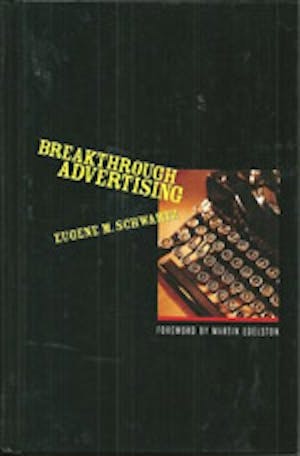
Written by Eugene Schwartz in 1957, the hype surrounding this book is immense.
You'll be lucky to find a copy for under $90. Talk to world-class email marketers like Ramit Sethi, however, and they'll tell you it's worth the hunt:
Eugene Schwartz's Breakthrough Advertising has some of the most sophisticated thinking on human psychology that I've ever read.
It's a dense tome, but Schwartz put together one of the most sought-after books on marketing and copywriting ever written.
2. The Social Animal

The Social Animal is perhaps the finest introduction to social psychology that one can ask for.
Author Elliot Aronson is the only person in the 120-year history of the American Psychological Association to have won all three of its major awards for writing, teaching, and research. In other words, he's one of psychology's greats, and he knows how to communicate his knowledge.
This book, along with Mistakes Were Made (But Not By Me), showcases his distinct ability to put important topics on human behavior in laymen's terms. I'd recommend it for anyone, but entrepreneurs in particular will get a lot out of it.
3. Be Our Guest
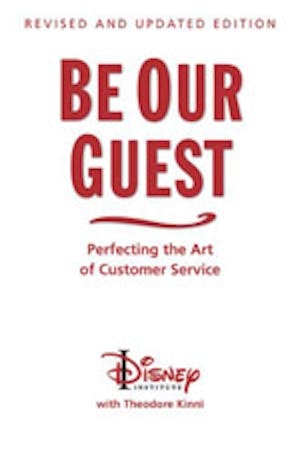
Perhaps the one additional book I wish would have made our list of customer service books, I get some redemption by being able to tell you about this exceptional piece of writing right now.
This is the Disney Institute’s guide to creating memorable experiences, and as you hopefully know, Disney continually raises the bar in how far they will go for customers.
If you want an introduction to the Disney way of doing things, you can't ask for a better source.
4. Hooked
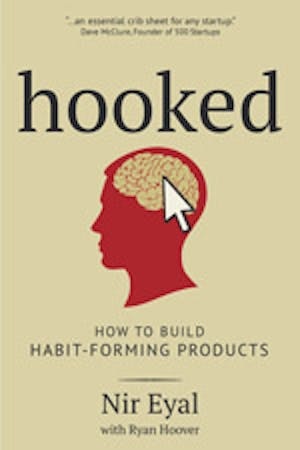
I'm a big fan of Nir Eyal's blog and Ryan Hoover's writing, so I was very excited to pick up this book upon release. Hooked, a guide on "how to build habit-forming products," has a ton of insights on building products that will keep people coming back.
It's certainly SaaS focused, but it's a great read for entrepreneurs of all types.
5. My Life in Advertising & Scientific Advertising
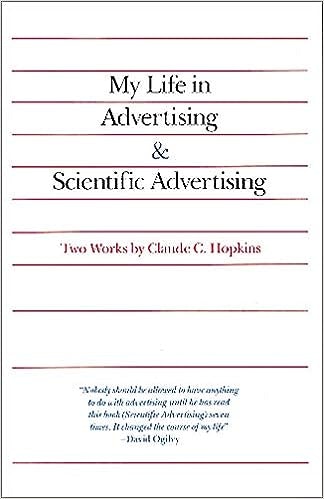
It's a must to get these two books in tandem. Luckily, they come packaged in a single book.
Claude C. Hopkins is the legendary advertiser who is credited for — get this — popularizing toothbrushing.
Hopkins’ work may have been written in the early 1900s, but there isn't a word of it that can’t be applied to marketing today.
These works truly should be foundational for anyone getting into marketing.
6. Raise the Bar
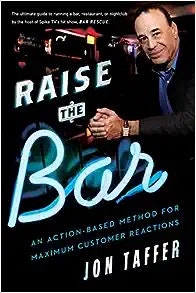
Why recommend a book that is clearly geared toward bar owners?
If you recall our brief overview of some of Jon Taffer's principals, you'll know that studying the hospitality industry offers a plethora of insights on providing an outstanding customer experience. After all, it's what the industry is all about.
Taffer shows his pragmatic side in this book, and it's filled with some amazing insights on differentiation and market research, hiring the right people, and mindset-changing advice on creating great customer experiences.
7. Increasing Customer Loyalty
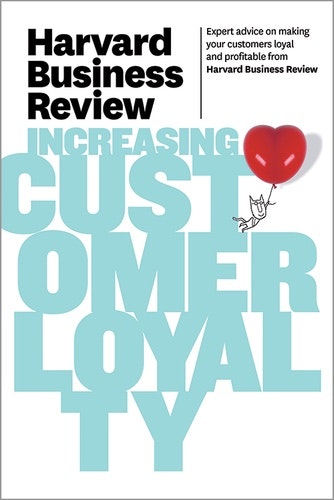
This is quite the unique "book" on this list because it's actually a collection of some stellar Harvard Business Review articles on customer loyalty.
Don't let that stop you from missing out on a great read; from retention, to service, to loyalty programs and more, this the best collection I've bought from HBR.
8. Never Eat Alone
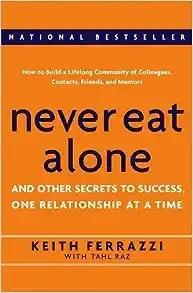
Many entrepreneurs overlook networking because it’s often synonymous with a slick-haired guy in a bad suit who's handing out business cards.
The fact is, however, that great relationships can be built on sincere connections and respect, and those are the best way to avoid “Field of Dreams Syndrome” — thinking that if you build it, they will come (they won't.)
Never Eat Alone was recommended by our friend Brian Balfour as one of the best guides on authentic networking.
9. Accounting Made Simple
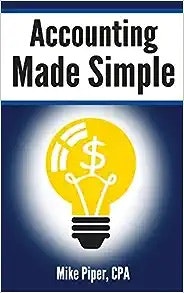
Slowly but surely, great accounting information for entrepreneurs has been making its way online. Examples include guides from the friendly folks at LessAccounting.
If you're looking for a single book to purchase, however, Accounting Made Simple has to be the one I recommend.
It is the single best overview that concisely explains one of the driest topics imaginable (for people like me, at least).
10. On Writing Well
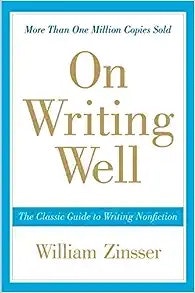
As the classic guide to writing non-fiction, you can hopefully think of a few reasons why I love recommending this book to online entrepreneurs:
It will improve how you communicate with customers (most of your communication will be done through writing).
It will help make you a better team member or leader, as you'll be able to relay information to your team more concisely.
It will make you a better marketer; so much of marketing, especially today, has to do with your ability to broadcast an interesting message and tell your business's story.
11. The Copywriter's Handbook
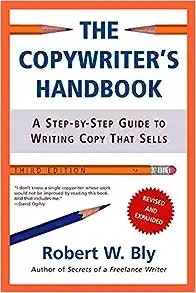
Perhaps you've looked into books like Breakthrough Advertising and were a tad overwhelmed.
Books like that can be the equivalent of diving into Moby Dick, and intimidating yourself is no way to learn.
Bob Bly's writing is perfect for people interested in learning great copywriting, but who don't already consider themselves copywriters. Think of it as Copywriting for Dummies; you'll certainly be a lot smarter after you read it.
12. The Essays of Warren Buffet

What really needs to be said about this book? You’ll get an honest look at:
Warren Buffet's thoughts on how a business should be run.
Candid overviews of his mistakes (he lists quite a few) and what he would have done differently.
Page after page of his flawless writing style.
Perhaps this review said it best:
Those who share my own keen interest in Warren Buffett's leadership and management principles will learn a great deal from a careful reading of these essays. They are quite literally "from the horse's mouth.
13. Priceless
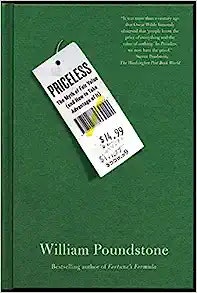
Much of the research mentioned in our article on pricing comes from the topics explored in this book.
While it's very heavy on scientific literature and does deal a lot in the philosophy of pricing ("What is value?”, etc.), this remains one of the most important books on pricing ever written.
If nothing else, at least read the second half of this book to see the many examples Poundstone gives that prove his point: Humans beings are clueless about prices.
14. Financial Intelligence for Entrepreneurs
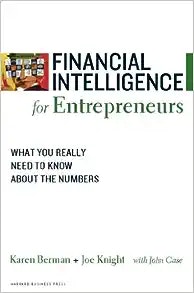
This book is great for anyone looking to understand financial statements, but as noted in the title, it's crafted for entrepreneurs.
Stop being clueless and get educated on:
What income statements, balance sheets, and cash flow statements really reveal.
How to use ratios to assess your venture's financial health.
How to calculate return on your investments in your enterprise.
How to instill financial intelligence throughout your team.
I think it was Big Daddy Kane who said, "Financing ain't easy, but it's necessary."
15. Brainfluence
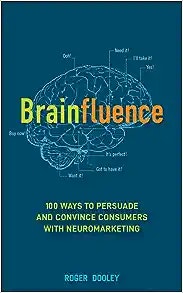
One of the best introductions to neuromarketing available, this book is from Roger Dooley, author of the always interesting Brainy Marketing on Forbes, as well as the Neuroscience Marketing blog.
This book is a collection of one hundred of Dooley's favorite studies, from pricing, to loyalty, to sensory and perception, plus many more topics.
Each chapter is a quick read, making it a great book to flip through; you'll almost always walk away having learned at least one new thing.
16. The New Strategic Selling
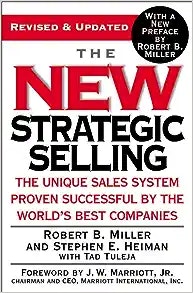
This has to be one of the most interesting sales books out there, especially for folks who don't consider themselves to be salespeople.
The review that "sold" me on this book makes a succinct case for why it's a great read:
This is a great method for people who don't want to consider themselves "salespeople" but who indeed sell. Engineers, architects, high-tech products sales consultants, and other professionals will find this to be a low pressure, ethics-based approach to selling. I call it "the engineers approach" to sales because it provides such a methodological approach.
You're always selling, even when you aren't, and this book will help you master the fundamentals. I've bookmarked it plenty.
17. Brain Rules
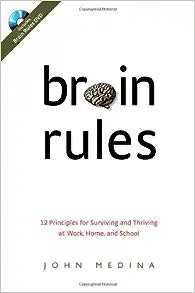
This is one of the best examples of a book being able to communicate hard science in an interesting and even humorous way.
John Medina is a master storyteller, and it's no wonder that this book often appears on leadership and management lists on Amazon.
It’ll help you better understand yourself and others with a plethora of great examples. It's a book on knowing people without the typical fluff.
18. The 22 Immutable Laws of Branding
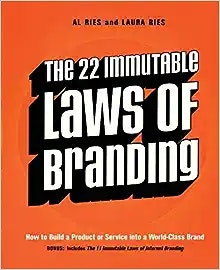
What makes the top brands of the world so memorable?
This book does a great job analyzing this question. It is also, at least in my opinion, better than it's more popular counterpart, The 22 Immutable Laws of Marketing.
If you want to go beyond the "have a good logo" drudge that appears in most articles on branding, give this a read.
19. Strategic Customer Service
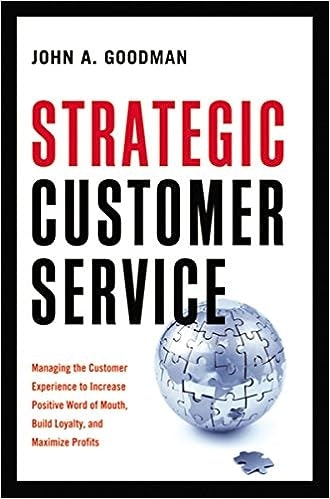
Not to pat ourselves on the back, but if you loved the following articles from the Help Scout blog:
Then you'll love this book. It's made for support managers, and it’s one of the most valuable books on customer service I've read.
20. Customer Winback
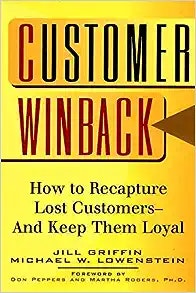
This book is a solid read on customer retention and winning back customers on the brink of defection.
A wide range of industries can benefit from this book — not simply SaaS or ecommerce, but service industries, too.
If you're in SaaS, read it to complement the better articles on retention out there.
21. Growing Great Employees
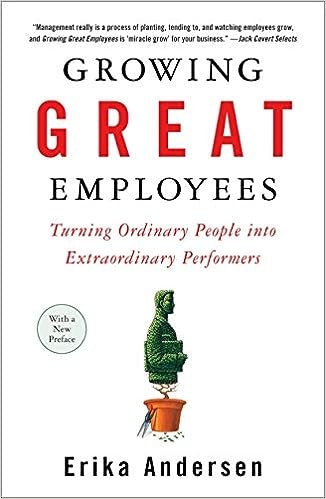
Many employees can naturally achieve 90% output on their drive and innate skills alone.
But it's that polish, that last ten percent, where managers and company leaders often play a pivotal role.
Pushing people without pushing them away, giving them honest feedback without letting the criticism go too far: This book offers some great advice on helping people thrive, especially for new founders/managers.
22. Ca$hvertising
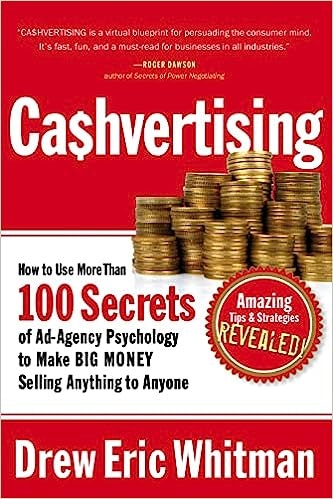
Don't let the “$” scare you away, or that the author's experience is (once again) grounded in traditional direct response advertising; that's an area of marketing where you can often learn the most.
You'll definitely dog-ear a few pages in this book, and the writing style is one of the funnier ones I've read in a marketing book.
My fondness for marketing books with ties to direct response is probably best explained by this tweet from Brennan Dunn:
"Growth hacking" = when geeks discover what direct marketers have known for decades."
23. Made to Stick
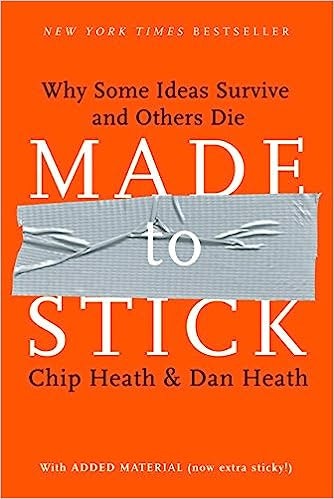
There have been many books in the business arena on "ideas that spread," but this to me was by far the most practical.
You won't walk away entertained but lacking in legitimate advice like you might with a Gladwell book. It's certainly a fun read, but you'll have insights you can actually apply, too.
24. First, Break All the Rules
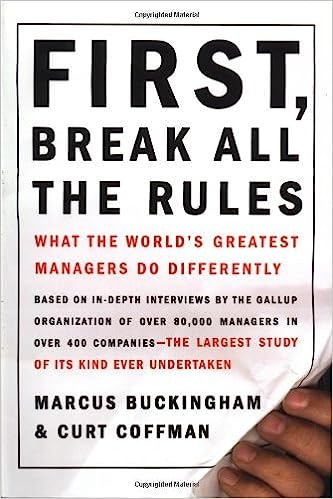
This is my favorite management book.
I'll be frank with you: I'm not in the business of managing anyone other than myself.
That said, this book came highly recommended when I began scratching an itch to learn more about effective management, and this, to me, was the diamond in a sea of mostly garbage.
25. Making Things Happen
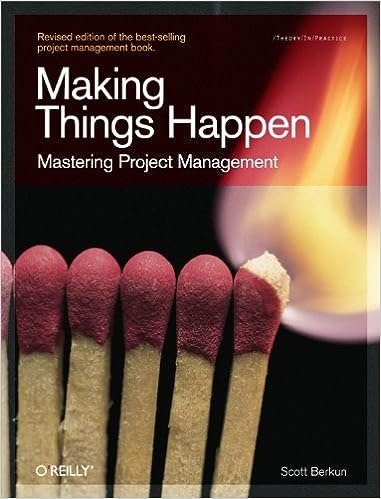
This was the book everyone told me I had to read to get informed on effective project management.
If you accept my caveat above, that I'm not in the business of managing, allow me to say that I was definitely impressed not only by the frameworks this book lays out, but also in the writing style.
As someone who is more of a single-tasking doer, I gained a ton of insight into how smart project managers operate.







